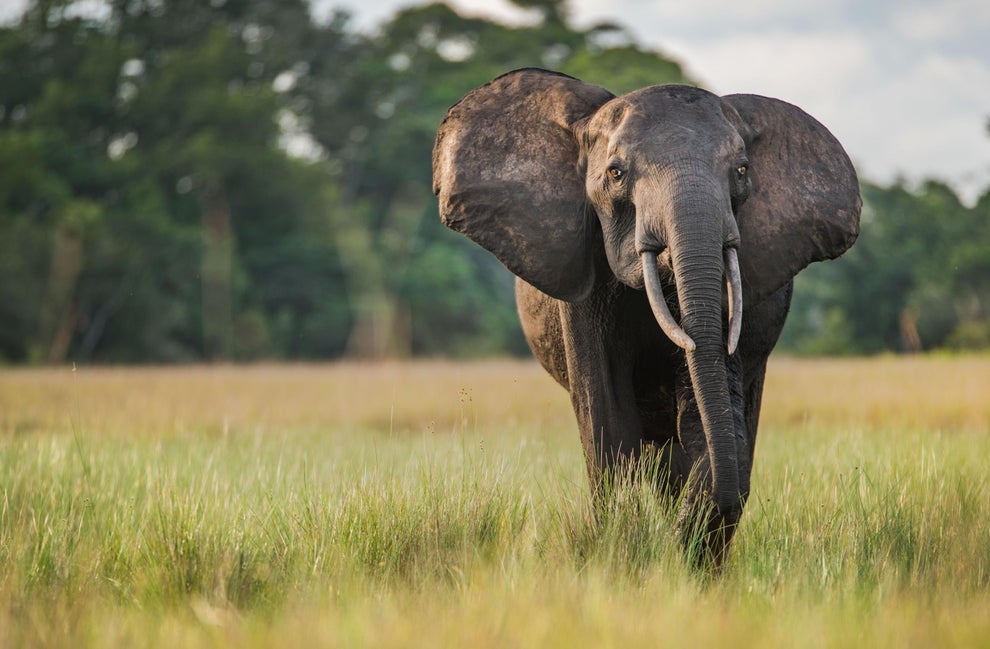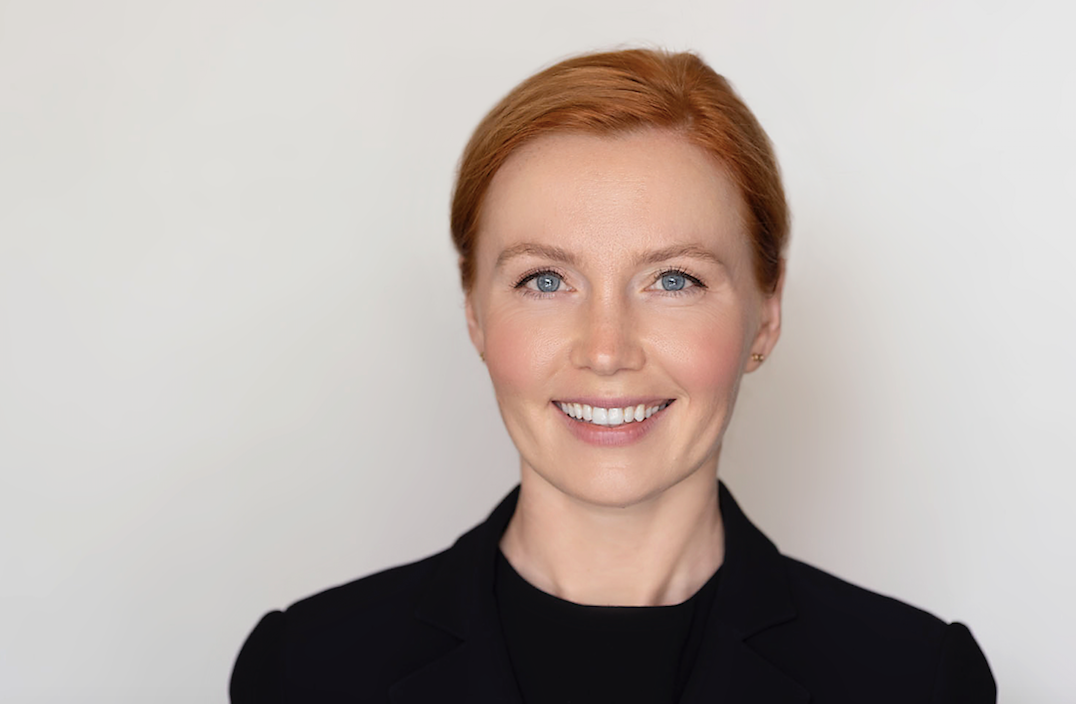The Independent's journalism is supported by our readers. When you purchase through links on our site, we may earn commission.
Why I care about the African rainforest - and why you should, too
Philanthropist Alya Michelson on why it’s time to look to Africa to lead future climate conversations

Your support helps us to tell the story
From reproductive rights to climate change to Big Tech, The Independent is on the ground when the story is developing. Whether it's investigating the financials of Elon Musk's pro-Trump PAC or producing our latest documentary, 'The A Word', which shines a light on the American women fighting for reproductive rights, we know how important it is to parse out the facts from the messaging.
At such a critical moment in US history, we need reporters on the ground. Your donation allows us to keep sending journalists to speak to both sides of the story.
The Independent is trusted by Americans across the entire political spectrum. And unlike many other quality news outlets, we choose not to lock Americans out of our reporting and analysis with paywalls. We believe quality journalism should be available to everyone, paid for by those who can afford it.
Your support makes all the difference.Growing up in Russia, the children’s books I read filled my head with visions of Africa as “a place where under the baobab tree you can meet all the exotic animals”. It’s a powerful and enduring image that has never left me.
I live in America now, and even though Africa is geographically a world away, it is surprisingly close. If we have learned anything from the COVID-19 pandemic, it’s that whatever happened somewhere else yesterday is in your backyard today. We breathe the same air and stand on the same soil; we all see changes that cannot be denied.
The University of Oxford recently published the world’s largest public opinion survey on climate change. It found that 64 percent of people believe climate change is a global emergency and calls for wide-ranging action. Unsurprisingly, COP26, the recent UN Climate Change Conference in Glasgow, attracted much attention from concerned citizens around the world, myself included, waiting for some hopeful news.
The loudest voices came from Africa, whose leaders were pressing the international community to do more to help poorer and vulnerable nations adapt to climate change, seizing on evidence showing the continent to be the most endangered by the effects of global warming.

The irony of this cry for help is that Africa could be an unanticipated hero in the climate battle if this call to action is taken seriously. Just like in those stereotypical Soviet books from my childhood that depict an African tree as the center of the universe. Given what we know now, that tree might be the key to our planet’s survival.
The Amazon tropical forests are widely regarded as the ‘lungs’ of our planet. They hold as much as five years of human carbon emissions in their trees and soil. Through photosynthesis, these forests produce oxygen and remove enormous amounts of carbon dioxide from the atmosphere, helping to mitigate global warming.
What is less well known is that African rainforests are stronger carbon sinks than the Amazon. In August, Nature published a new international study that revealed that intact tropical mountain forests in Africa store about 150 tons of carbon per hectare - more than 1.5 times the amount previously estimated. Simply put, we only can win the battle against climate change if we protect Africa’s carbon-rich landscapes for future generations.
During a COP26 climate summit event organized by The Independent and Space for Giants, the international conservation organization devoted to protecting Africa’s natural ecosystems, government leaders and experts discussed conservation efforts and innovative ways to invest in reducing deforestation in Africa, including private partnerships that benefit everyone.
One of the world’s richest men, entrepreneur-turned-space tourist Jeff Bezos, has committed £1.5 billion help fund reforestation, and agricultural transformation in African. “I was told that seeing the Earth from space changes the lens from which you view the world but I was not prepared for just how much that would be true,” he explained.
That may be true, but we do not have to go as far. In 1968, the American astronauts who participated in the Apollo 8 moon mission captured a stunning photograph of Earth that revealed the fragility and isolation of our planet. Noted science editor Robin McKie described the power of this single image, writing, “Over a colorless lunar surface, Earth hangs like a gaudy Christmas bauble against a deep black background.” Our atmosphere is too thin to be seen clearly from the moon, a striking reminder - if we needed one - of the frailty of the biosphere that sustains life on our shared planet.
Even though I have never been to Africa (I very much hope to go one day), I breathe the same air as Africans. We are all connected on this planet, and it’s the only one we have. You don’t have to go into space to be part of the solution.
Alya Michelson is co-chair of Michelson Philanthropies and a member of the Giants Club, an initiative by the international conservation organization Space for Giants.
Join our commenting forum
Join thought-provoking conversations, follow other Independent readers and see their replies
Comments